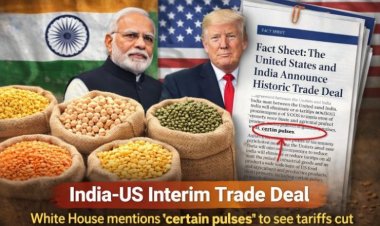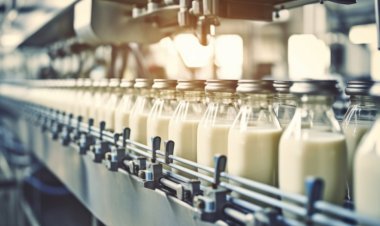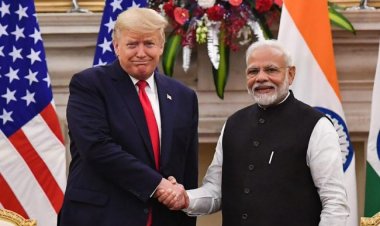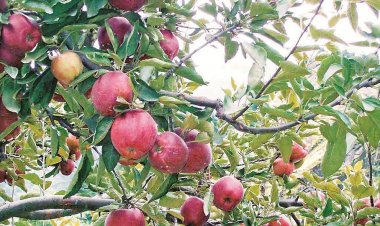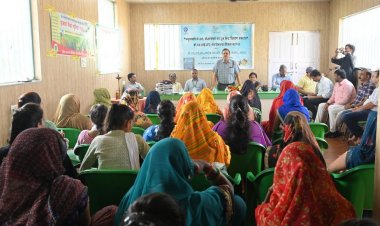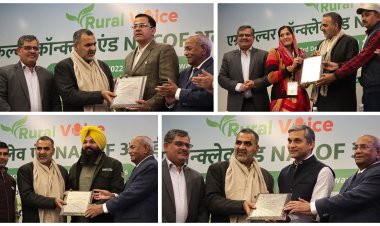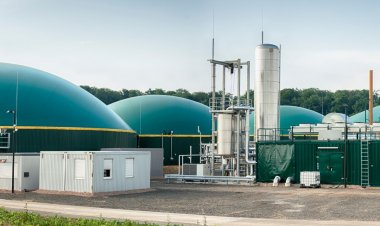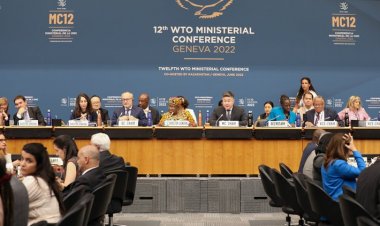Russia–Ukraine tensions likely to disrupt supply of barley and fertilizers
Russia produces 17.1 per cent of the natural gas in the world. It is the largest exporter of gas. In terms of crude oil exports, it is next to Saudi Arabia. Russia and Ukraine together export 21 per cent of the global wheat, barley and corn. The two countries have a share of 60 per cent in the global supply of sunflower oil.
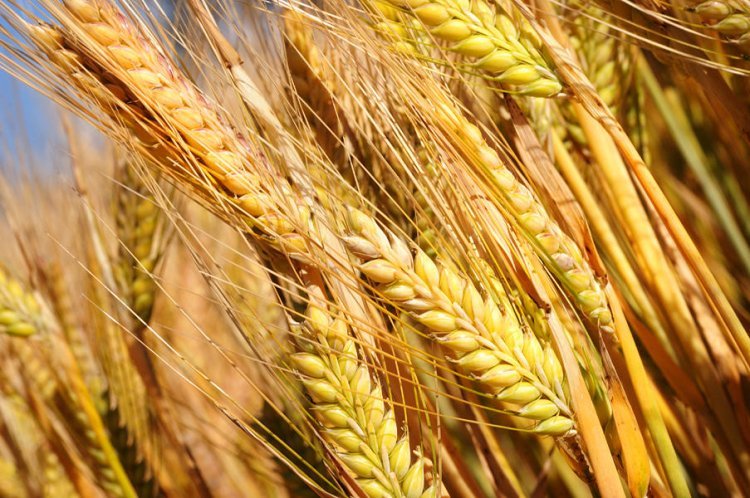
Tensions between Russia and Ukraine have been escalating for long. Russian President Vladimir Putin has recognized Donetsk and Luhansk in eastern Ukraine as independent and decided to send troops there. Putin calls them “peacekeeping forces”. He has even announced a military operation in Ukraine to defend separatists in the east of the country, called the Donbas region.
The simmering tensions between Russia and Ukraine have already led to a hike in commodity prices in the global market. The impact may be only more severe in the days to come. Summer is coming and beer consumption is higher in the summer. Most of the beer in the world is brewed from barley, which accounts for 30 per cent of the beer prices. The price of barley has already gone up by more than 60 per cent in the last one year. A war between Russia and Ukraine will disrupt the supply of barley and lead to an increase in its prices. Besides, an increase in crude oil prices has led to transportation getting dearer. The increasing danger of war has also led to an increase in insurance premiums. So, countries may avoid importing from Russia and Ukraine and look towards other countries.
Russia top barley producer, Ukraine fourth
Russia is the top producer of barley. Its annual production is about 1.8 crore tonnes. Ukraine is at the fourth position with a production of about 95 lakh tonnes. In India, barley production stands at about 16-17 lakh tonnes. Rajasthan and Uttar Pradesh are its largest producers. In India, barring a few premium brands, beverage companies buy barley from the domestic market. But if the supply from Russia and Ukraine gets disrupted, prices will increase in the global market, leading to an impact on prices in the domestic market as well.
Beverage companies buy most of the barley in Feb-Mar
Globally, 90 per cent of the malt is produced from barley. Beer, whiskey and other alcoholic beverages are made of malt. Besides, barley is also used in food processing and fodder. With the summer approaching, many beverage companies buy barley in large quantities in the months of February and March. So, if there is a disruption in supply or prices increase now, it will have a direct impact on beer production and prices.
Russia and Ukraine large exporters of food and energy
The Russia-Ukraine tension is bound to affect other commodities, too. According to Menulife Investment Management, both Russia and Ukraine are large exporters of food and energy, which include oil, gas, cereals and cooking oil. Western countries have begun to impose sanctions on Russia. The sanctions may severely affect the global commodity markets. For one, the traditional importers from these countries will have to look for new sellers. And two, less supply will lead to increased commodity prices.
Russia, Ukraine export 21 per cent of global wheat, barley and corn
Russia produces 17.1 per cent of the natural gas in the world. It is the largest exporter of gas. In terms of crude oil exports, it is next to Saudi Arabia. Russia and Ukraine together export 21 per cent of the global wheat, barley and corn. The two countries have a share of 60 per cent in the global supply of sunflower oil. Russia and Belarus account for about 10 per cent of the fertilizer exports. Besides, Russia has a major share in the exports of some metals that are used in the manufacture of electronic goods.
Putin orders troops; US, UK impose sanctions
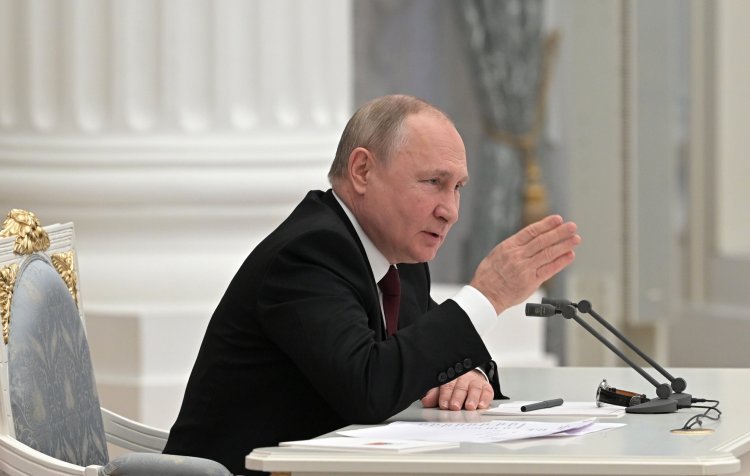
The majority of the population in the Donetsk and Luhansk regions of eastern Ukraine are Russian-speaking. The pro-Russian separatist regions had declared independence from Ukraine in 2014. Russia has been claiming these as its territory for years. It is alleged that it backs the separatist groups in these regions. Over the past eight years, more than 14,000 have been killed in the ongoing conflict between the Russia-backed separatists and the Ukrainian army. President Putin has now recognized the regions as independent and ordered to send troops there. Putin said in a statement that Ukraine had never been a separate country.
In the aftermath of Putin’s above decision, the US has imposed sanctions on several Russian financial institutions and Russia’s elite. The UK has announced to impose sanctions on five banks and three billionaires of Russia. A consensus has emerged among the EU countries, too, on imposing sanctions on Russian banks. Germany, the largest buyer of Russia’s natural gas, has halted the new gas pipeline project from Russia.



 Join the RuralVoice whatsapp group
Join the RuralVoice whatsapp group

















